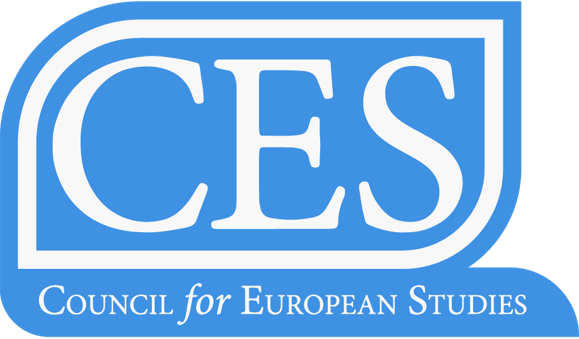The war in Ukraine has brought Europe together as a political project with countries opening their arms to fleeing migrants. When the Libyan regime collapsed in 2011, the previous controls on migration failed and people smugglers took advantage of the chaos to send thousands out to sea in flimsy boats. The response from Europe, and particularly the countries on the frontline, was to rescue those in danger of drowning on the crossing. However, with rising numbers of immigrants, European and national policies changed. Politicians began to ask whether countries could absorb so many migrants. The discourse around the issue of migration changed and migrants were presented as a threat to Europe.
Securitization is the process of taking the issue outside of normal politics, which is justified by the extraordinary or existential threat the issue poses. Governments may justify a state of emergency in a country—recently exemplified by the extreme measures that were put in place worldwide in order to combat the COVID-19 pandemic. Politicians can also create an atmosphere of threat with messages of being under siege, and use such a situation to further their own political goals. For example, right-wing politicians in particular used the anti-immigrant messages to bolster support in subsequent elections, fueling the rise of right-wing populism across many countries.
This special issue on Securitization of Identity has been curated by the SECUREU network. This network is a Jean Monnet Network grant funded by the European Commission. The network is made up of the Institut Barcelona d’Estudis Internacionals (IBEI), Spain; University of Amsterdam, The Netherlands; University of Glasgow, United Kingdom; Herder Institute for Historical Research on East Central Europe – Institute of the Leibniz Association, Germany; European Academy of Bozen-Bolzano (EURAC Research) Bolzano, Italy; Koç University, Turkey; and Council for European Studies (European Office in Spain).
Lesley-Ann Daniels is currently a research fellow at IBEI. Her two current areas of research are on identity claims and stability in post-conflict societies and on sub-national territorial claims in Catalunya, Scotland and Northern Ireland. She has published in the Journal of Peace Research, International Studies Quarterly and Journal of Conflict Resolution. She is a former AXA Research Fund post-doctoral fellow with her research on “Minority rights and the stability of post-conflict environments.” She defended her doctoral thesis on the use of amnesty during civil wars at the Pompeu Fabra University in 2016. She also has extensive experience of project coordination prior to working in academia, including as coordinator for the funding bodies of the EU peace programme in Northern Ireland. Her research interests are political violence, civil wars, post-conflict peacebuilding, transitional justice and identity rights.



